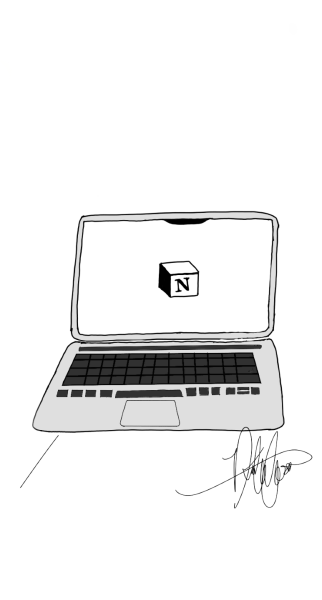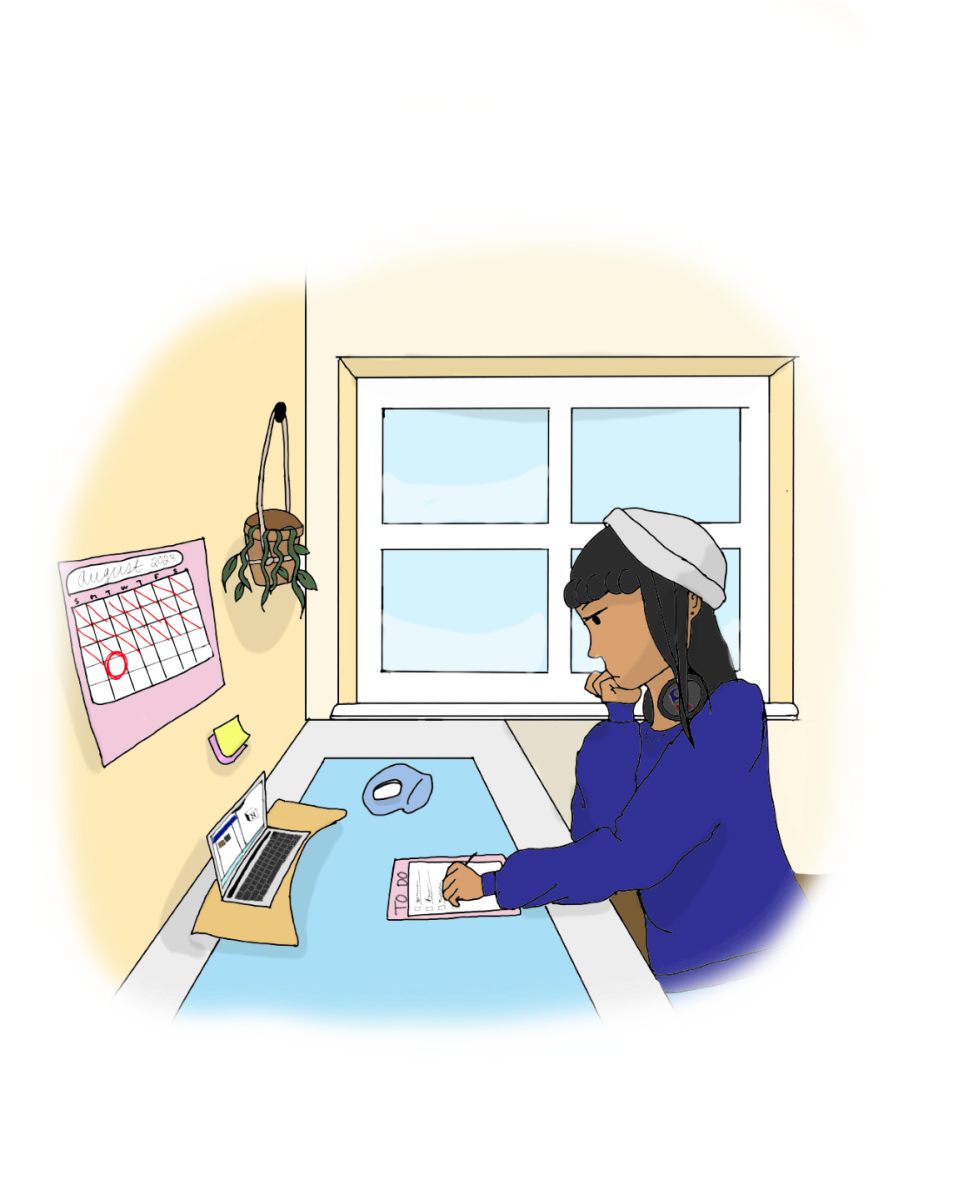As we are getting situated for our first weeks of the fall semester, we sometimes feel that, no matter what we do, we are still a little unprepared.
There is no shame in feeling this way. As students, we are at different levels in which we succeed, so it is not a competition. However, it is best that you have everything planned before the semester gets too busy. Here are some tips that I follow before, and during, the semester that has given me all A’s this past year.
Take more breaks. I hope you had an awesome summer break! If you still took classes over the summer, make sure you plan out times when you can unwind from your classes for a little while. Not only can it reduce stress, but it can also increase productivity and help you better retain information. In your downtime, challenge yourself to find something to do that does not involve scrolling through your phone on social media. You can do things such as taking a walk, learning a new skill, or resting somewhere you feel comfortable. Watching funny videos on TikTok can be entertaining, but scrolling for hours can impact your energy levels, and you will not feel like doing anything else later.
Reorganize your space and schedule. Whether you are a freshman or a returning student, we are all starting new, meaning it is time to get on from the old. If you have not done so during the summer, make sure you dedicate some time to reorganizing any physical or digital planners, your room (if it’s your study space), and your schedule. Since you have received your syllabus and course schedules, write those down on a planner or document it somewhere on any device that you use. Once you have all your assignments written down, accommodate those into your daily schedule and find a balance between your study times, personal down times, and social times.
Invest in a physical or digital planner. This should be the first thing you do before school starts. Physical planners usually include calendars, weekly logs, notes, and so on. You have more organization when it comes to a physical planner, but you have much more freedom with a digital planner. Over the summer, I started using Notion, and I use it for everything. I to avoid anything that people overhype, but this is worth the hype. It does take a while to get familiar with the program but watching a few videos can get you started quickly. You can add tables, pages within pages, calendars, links, pictures, videos, GIFs, you name it! Essentially, it is all the Microsoft programs we are all familiar with (Excel, Word, OneNote, etc.) but in one website, and it’s free! You can be organized, and make it look pretty!
Identify an ideal environment to study in. One thing that is important for most of us is to find a relaxed area where we feel comfortable to study in. Think about an area where you feel comfortable, safe, or happy; think about an area where it “just makes sense.” It can be your room, a local coffee shop, a library, or anywhere you can think of, and make sure you stay consistent with that area.

Get to really know your professors and colleagues. Well, not really know them. They will not get personal with you if they do not feel comfortable sharing, but building a connection with your professor can improve performance in their classes, and they could help you with future references as well. If you are in a face-to-face classroom, make sure you ask questions and be active with participation. Make sure you get a one-on-one as well during their office hours. If your class is online, you can do the same thing! Email them often with questions or just introduce yourself, but do not spam. Make sure you also join their online office hours whenever you need them. That way, they will have a likeness to you, and the probability of keeping in contact with them will increase.
Set goals for yourself. I know, this is extremely cheesy, but it’s essential to know what you expect from yourself during this semester. Rising to the expectations of your professor is one thing, but you get stuff done when you want it for yourself. You can write these goals down in a journal or in a document somewhere, and make sure it is easily accessible for you to see. At the end of the semester, keep track of those goals and see how you did. Keeping yourself in check is important for the semester because it instills discipline and motivation to get stuff done.
I want to give a disclaimer that this is not a step-by-step process nor is this mandatory. This is only a suggestion to those who need assistance on how to plan for a successful semester. You can try as many new things as you want, for the sky is the limit. I wish all of us Gators a successful and happy fall!




































